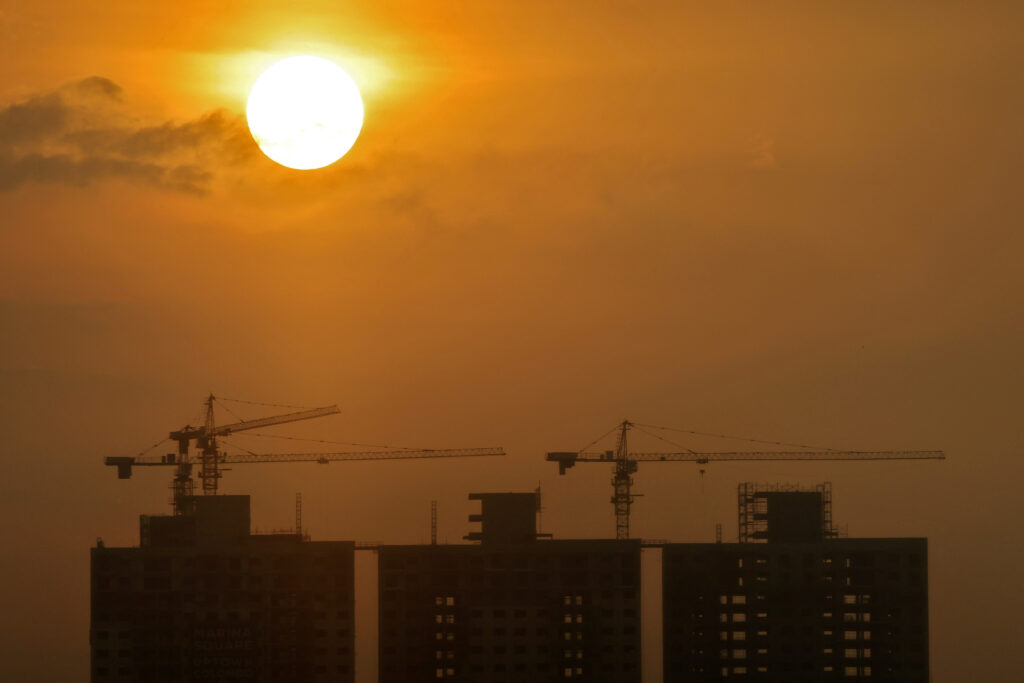Sri Lanka finds itself amid a multitude of challenges, from economic woes to corruption scandals. Domestically, the surge in drug consumption, particularly among healthy-age adults and schoolchildren, poses a grave concern.
Despite having national and international backing, community-led programs in prevention and rehabilitation fall short of making any impact. This is because they lack root-level eradication strategies. It is also believed that there must be a region-wide approach to combat drug circulation, as indicated by the latest initiation of new collaborative efforts between the Attorney General’s Department of Sri Lanka and the United Nations Office on Drugs and Crime.
According to the United Nations, postwar and crisis-ridden countries like Sri Lanka are hotbeds for the emergence and consolidation of illicit economies. These often intertwine with regional and transnational criminal networks engaging in numerous illicit activities, including drug smuggling.
While Sri Lanka is on a slow and long road to economic recovery from its 2019 economic crisis, it is emerging as a key economic hub, including for narcotic smuggling. According to several reports, neighbouring India is a significant contributor to Sri Lanka’s drug epidemic. According to the Sri Lankan navy, smugglers are often disguised as fishermen, underscoring the severity and the porosity of the issue and justifying taking a hardcore approach in the maritime domain.
President Ranil Wickremasinghe has included cracking down on the country’s increasing drug menace in his latest agenda. While combating narcotics is essential for the well-being of Sri Lanka’s citizens, Wickremasinghe’s method of conducting drug raids is under intense scrutiny from rights groups, both at home and abroad.
The crackdown was led by Minister of Public Security Tiran Alles — whose public reputation was tarnished by money laundering accusations — and Inspector General of Police Deshabandu Tennakoon — who allegedly abused authority and tortured a prisoner. Some believe the crackdown was launched to mask their misdeeds.
The government has already declared the operation a success, with over 58,000 raids resulting in 58,234 arrests and substantial drug seizures — worth about US$25 million. During the latest series of raids in January 2024, 20,000 people were arrested within a week, an average of 1,500 people per day. Minister Alles claimed these arrests were instrumental in bringing down the overall crime rate in the country by 17 per cent.
Yet, the government has faced criticism regarding its heavy-handed militarised approach used during the raids and the disproportionate targeting of drug users and small-time drug offenders from impoverished socio-economic backgrounds. Critics argue that the drug raids are another example of the Wickremasinghe government’s aversion to upholding human rights. This was already demonstrated in a series of controversial moves including the online safety bill and terrorism act.
Despite such criticism, Minister Alles vowed to use ‘maximum force’ and even pre-warned citizens of possible shootouts during operations. As evident from the images and video footage circulated in news and social media, his statement was proven to have been followed by law enforcement agencies.
Anyone suspected of smuggling, possessing or using drugs was met with law enforcement’s aggressive tactics, including arbitrary bodily searches and on-the-spot public interrogations. Some of these searches and arrests have been televised, in violation not only of the right to privacy — and of basic human dignity — but also of a person’s right to be presumed innocent.
Local rights groups are becoming increasingly vocal against the Wickremasinghe administration — finding these practices especially problematic. Suspects are bound to face discrimination and stigma at the hand of the severely repressive Sri Lankan criminal justice system and a society that is merciless towards perceived drug offenders. According to the Department of Prisons, recent drug raids are overcrowding prisons, justifying the department’s latest acquisition of 22 new buildings for rehabilitation purposes.
Given many of these suspects are poor drug users, they are likely to linger in prisons without any money to bail themselves out. According to Sri Lanka’s Human Rights Commission, bailouts have become an exception rather than the norm.
Meanwhile, people seeking real justice are questioning the radio silence regarding rich drug consumers and the drug kingpins who keep falling through the cracks of Wickremasinghe’s plans. Due to the possible involvement of corrupt politicians, government officials — notably within the Division of Narcotics, Prison Department, police and Department of Excise — have raised doubts about the efficacy of Wickremasinghe’s overall crackdown plan.
While the anti-drug campaign signifies the government’s acknowledgment of a critical societal issue, its implementation has several shortcomings. Wickremasinghe’s move comes at a crucial time in the run-up to the November elections, as the economic reforms he had to implement under the strict bailout conditions of IMF remain unpopular.
Waging a drug war, which requires showcasing some bravado, can be seen as a measured political strategy to build Wickremesinghe’s political image. In this regard, Wickremasinghe is not alone — he seems to be following the electoral playbooks of his predecessors, Maithripala Sirisena and Gotabaya Rajapakse, who first introduced a harsh mix of drugs and politics as their popularity plummeted.
Shyamika Jayasundara-Smits is Assistant Professor in conflict and peace studies at the International Institute of Social Studies (ISS), Erasmus University, Rotterdam.

